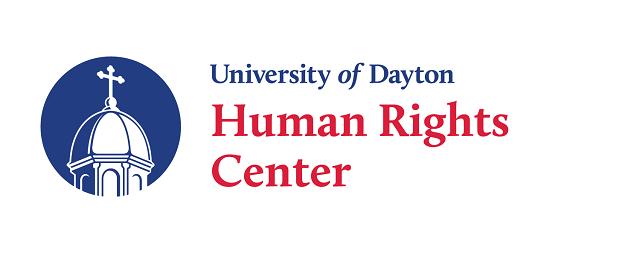Document Type
Program
Publication Date
3-29-2021
Abstract
The global pandemic has rapidly broken down boundaries and structures—from personal to social to institutional. Long-standing practices and norms have changed radically to respond to the current crisis, while some institutional and political dynamics contrary to human rights and democracy have become further entrenched. New pressures on human rights are also heightened by the pandemic, including rights to privacy, access to health, and digital capitalism. This crisis has shown that for human rights, the perils and potentials have increased hand in hand.
The stark upending by the pandemic provides proof-of-concept for the disintegration of silos and the erosion of exclusionary categories that can be harmful to realizing shared goals. To understand and address complex problems, academics trespass across disciplinary borders; researchers prioritize the co-production of knowledge through horizontal relations with subjects; advocates shape intellectual debates through collaborative engagement; and organizers increasingly harness movements of solidarity across identity groups.
The breaking down of artificial boundaries reveals the structures still intact, and the pandemic only heightens the urgency for structural change. While collaboration and mobilization have launched unparalleled social movements for justice, long-standing inequalities have been exacerbated, leading to further injury and marginalization. These forces have brought us to an historic moment in which we must question and reimagine different systems, institutions, practices, and norms and ask, “What is human rights advocacy in the wake of the pandemic?” How we grapple with this as a human rights community can contribute to collective efforts toward justice over corruption, solidarity over selfishness, and human dignity over oppression.
In this spirit, the Human Rights Center at the University of Dayton will convene the 2021 Social Practice of Human Rights (SPHR) Conference to address the challenges and opportunities the pandemic has created for human rights advocacy. We will consider whether current human rights methods, strategies, and approaches are comprehensive, deep, and bold enough to meet this moment and what is needed to leverage this moment for improved human rights outcomes. And we will grapple with how we, as a human rights community, can address the new perils and potentials of this time.
Submissions are welcome on topics that address this theme, including:
- New or refined tools, methods, and strategies for advocacy emerging during the pandemic, including in transnational advocacy and international institutions
- Confronting historical legacies of abuse in moments of flux and transition, including reshaping public spaces (eg. memorials, schools) to advance justice
- New forms of public-private partnerships in human rights and corporate-sector advocacy, including by labor and employee movements
- The emergence of intersectional advocacy groups, movements, and networks building relationships across borders and connecting issue areas that leverage this particular political moment
Submissions are due by June 1, 2021, at https://ecommons.udayton.edu/human_rights/2021/
Disciplines
Human Rights Law | International Humanitarian Law | Military, War, and Peace | Other International and Area Studies | Other Political Science | Peace and Conflict Studies | Social Policy | Social Welfare
eCommons Citation
University of Dayton, "Call for Proposals 2021: The Social Practice of Human Rights Conference" (2021). Content presented at the Social Practice of Human Rights Conference. 3.
https://ecommons.udayton.edu/human_rights_conf_papers/3
Included in
Human Rights Law Commons, International Humanitarian Law Commons, Military, War, and Peace Commons, Other International and Area Studies Commons, Other Political Science Commons, Peace and Conflict Studies Commons, Social Policy Commons, Social Welfare Commons




Comments
For more information about the conference, see go.udayton.edu/hrc